Academic Advisory Board
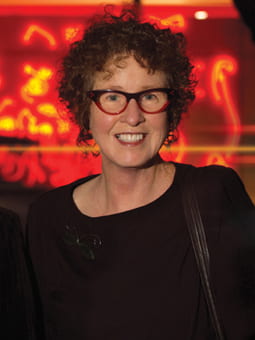
Dr Elizabeth Aitken-Rose
Faculty of Creative Arts and Industries
e.aitken-rose@auckland.ac.nz
Elizabeth Aitken Rose works in the areas of urban planning, specialising in planning history and theory, cultural policy and heritage. She is currently researching cultural planning in local government and has published on subjects as diverse as literary house museums, engineering heritage and engaging young people in planning. Prior to this she worked for the Paris-based Organisation for Economic Co-operation Development and for central government. She is currently the Chair of the Frank Sargeson Trust and on the Auckland Council’s Heritage Advisory Panel.
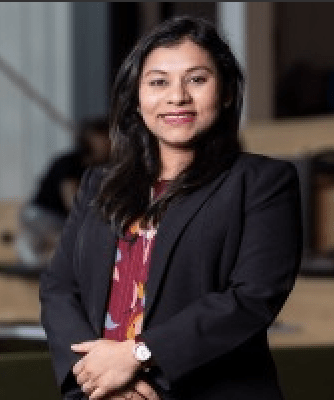
Dr Subeh Chowdhury
Faculty of Engineering
s.chowdhury@auckland.ac.nz
Subeh completed both her Bachelor of Engineering degree and her Doctor of Philosophy at the University of Auckland’ Faculty of Engineering. She is a Senior Lecturer with the Department of Civil and Environmental Engineering, and previously worked for Engineering consults Opus and Beca, working on minor safety projects, speed analysis and crash reduction studies. Subeh specialises in travel behaviour of Public Transport riders. She has a number of papers in reputable journals and has been a frequent attendee of Transportation Research Annual Meeting. Her research focuses on policy making of Integrated Public Transport systems, and designs of transfers with a strong interest in equity. Her research also focuses on women’s barriers to the use of public transport, in particular their perception of safety.
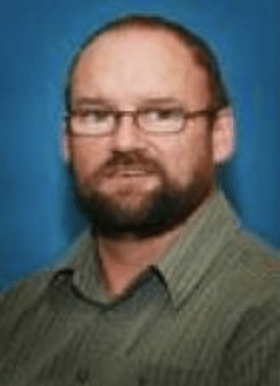
Dr Gerard Cotterell
Faculty of Arts
g.cotterell@auckland.ac.nz
Dr Gerard Cotterell is the Research Services Manager for the Faculty of Arts and the Faculty of Law. Gerard previously managed the New Zealand Institute for Pacific Research, the Public Policy Institute, the COMPASS research team at the University of Auckland. Gerard is a sociologist with wide-ranging research interests. Current research is focused on data archiving and data re-use, the use of eResearch technologies in social science research, the teaching of research methods, comparative social policy, the political economy of the welfare state, corporate welfare and the periodisation of the process of neoliberalisation.
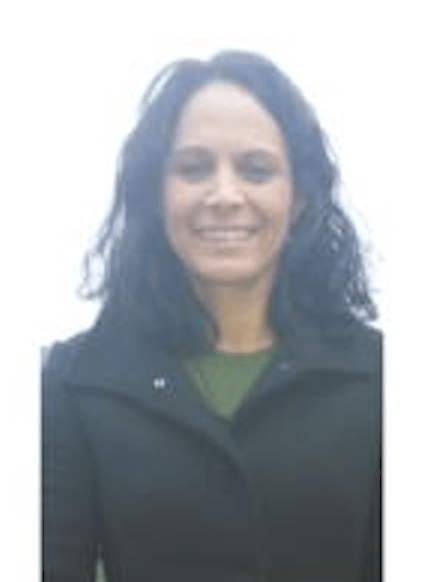
Catherine Dunphy
Office of the Pro Vice Chancellor Māori
c.dunphy@auckland.ac.nz
Catherine is Kaiārahi for the Faculty of Engineering at the University of Auckland, ensuring that the Faculty makes a positive contribution to Māori and Pacific success. Catherine assists staff to identify and facilitate opportunities where engineering can make a positive contribution to iwi, Māori and Pacific communities, business and industry. Committed to ensuring Engineering our Māori and Pacific students get the most out of their time at the University and Catherine provides advice on how we can ensure that our students achieve academic, personal and professional success, as Māori and Pacific. Catherine is a member of the University of Auckland Council, has worked at the University of Auckland for over 10 years, and has a broad range of experience in policy development, Māori development, education, equity initiatives and Student Engagement & Development.
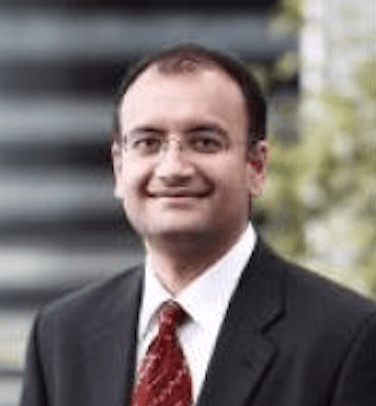
Professor Prasanna Gai
Faculty of Business and Economics
p.gai@auckland.ac.nz
Prasanna Gai is Head of the Department of Economics and Professor of Macroeconomics at the University of Auckland. His work applies ideas from network and game theory to understand the causes and consequences of financial crises. Professor Gai is the author of two books on financial crises and systemic risk. He holds a Doctorate and a Master of Philosophy (Economics) from Christ Church, Oxford, and a Bachelor of Economics (Hons) from the Australian National University. Professor Gai serves on the Board of the New Zealand Financial Markets Authority, is a Senior Research Fellow at the Deutsche Bundesbank, Frankfurt, an Academic Adviser to the Bank of Canada, Ottawa, and a Fellow of the National Institute of Social and Economic Research (NIESR), London.

Dr Anna Hood
Faculty of Law
a.hood@auckland.ac.nz
Anna is a senior lecturer and the Associate Dean International at the Auckland Faculty of Law. She is a public international law academic whose research focuses primarily on international disarmament law, international law and security, international refugee law and international law in Aotearoa New Zealand. Outside of her international legal work, Anna also has a keen research interest in the role of law schools and universities in 21st century democracies as well as gender issues in the legal profession.
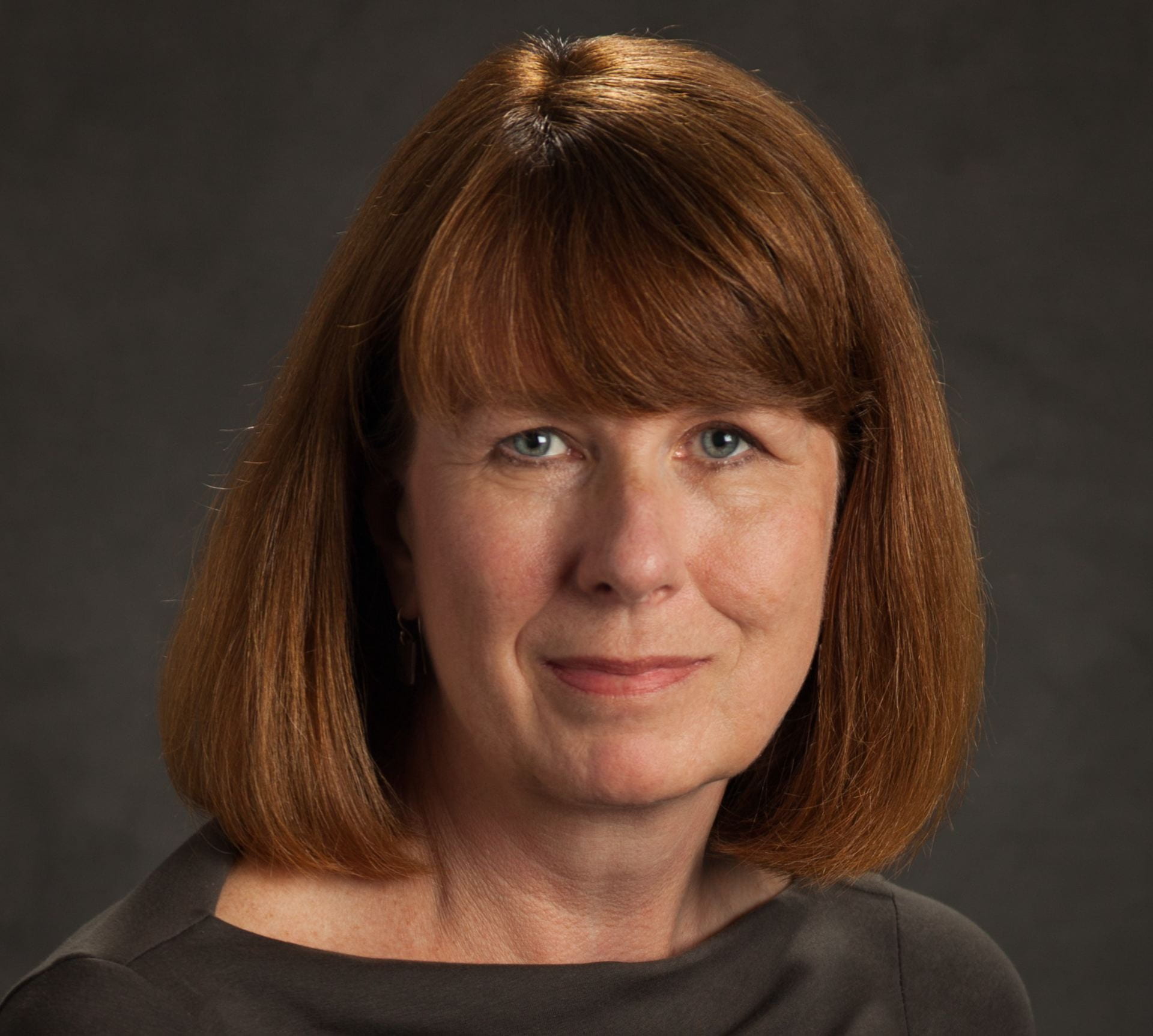
Professor Susan Kemp
Faculty of Education and Social Work
s.kemp@auckland.ac.nz
Susan is a Professor of Social Work at the University of Auckland and a Charles O. Cressey Endowed Professor Emerita at the University of Washington School of Social Work, Seattle, USA. Susan’s research focuses on the role of social, built, and physical environments in shaping the life outcomes of marginalized groups, on intersecting issues of place, agency, and equity, and on the participatory rights of marginalized children, young people and families. Susan has a strong interest in working across disciplinary, theoretical, and methodological borders, partnering with communities and services, and connecting theory, research, and practice. Susan is a co-lead on the American Academy of Social Work and Social Welfare Grand Challenges for Social Work Initiative, “Create Social Responses to a Changing Environment” and the University of Washington Urban@UW Initiative Regional Editor (Australasia), Child and Family Social Work, and a member of the External Review Board for the Social Service Review.
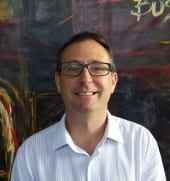
Dr Barry Milne
COMPASS
b.milne@auckland.ac.nz
Barry is an Associate Professor at the Faculty of Arts, the University of Auckland and the Director of the Centre of Methods and Policy Application (COMPASS). Barry is a quantitative social scientist and data analyst researching- along with the team of researchers and analysts at COMPASS, well-being across the life course. Barry’s research and analysis focus include a wide range of health and social studies of the New Zealand population cohorts.
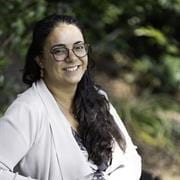
Dr Sereana Naepi
Arts
s.naepi@auckland.ac.nz
Sereana currently teaches at the undergraduate and graduate levels in the sociology program. She conducts research into equity in higher education both nationally and internationally. She uses quantitative and qualitative data to tell stories of how we experience our universities and broader higher education and research sectors. She is focused on ensuring that all learners, faculty, and staff experience the education system we deserve. She is presently a Rutherford Discovery Fellow, exploring how neoliberalism and equity intersect in higher education.

Jefferey Nikoia
UniServices
j.nikoia@auckland.ac.nz
Jeffrey is the Director of Government Initiatives at UniServices, providing business leadership for Government Initiatives in New Zealand, Australia and the Pcific region. Jeffrey has a history of working with government agencies in New Zealand, Australia and the Pacific in education and research. He is experienced in business relationship management, business planning and development, negotiation, government procurement, partnerships and community engagement.

Associate Professor Tim Tenbensel
Faculty of Medical and Health Sciences
t.tenbensel@auckland.ac.nz
Tim is an Associate Professor at the Faculty of Medical and Health Sciences, the University of Auckland. His research focuses on health and public policy, health services research and evaluation, including health system performance and governance and accountability of the health sector.
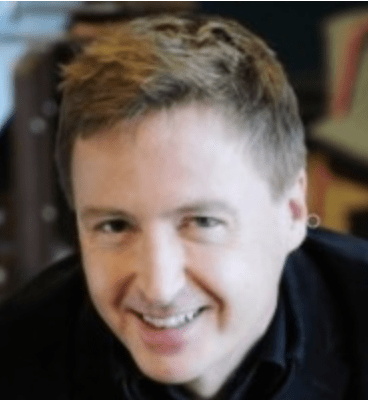
Professor Michael Witbrock
m.witbrock@auckland.ac.nz
